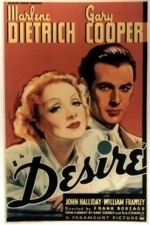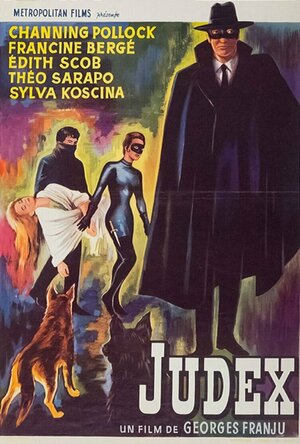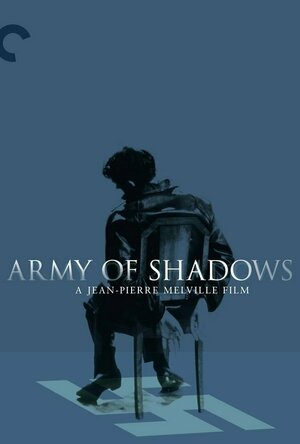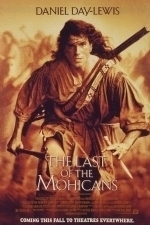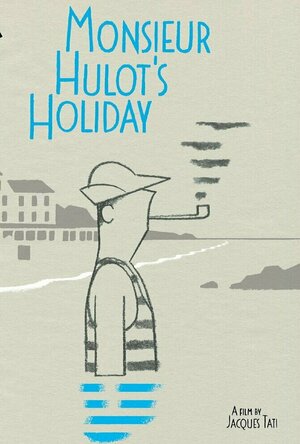Search
Olivier Assayas recommended Desire (1936) in Movies (curated)
Olivier Assayas recommended Judex (1963) in Movies (curated)
SM
Sexagon: Muslims, France, and the Sexualization of National Culture
Book
In contemporary France, particularly in the banlieues of Paris, the figure of the young, virile,...
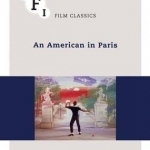
An American in Paris
Book
An American in Paris (1951) was a landmark film in the careers of Vincente Minnelli, Gene Kelly and...
Wallace Shawn recommended Army of Shadows (L'Armée des ombres) (1969) in Movies (curated)
IN
International Noir
R. Barton Palmer and Homer B Pettey
Book
Following World War II, film noir became the dominant cinematic expression of Cold War angst,...
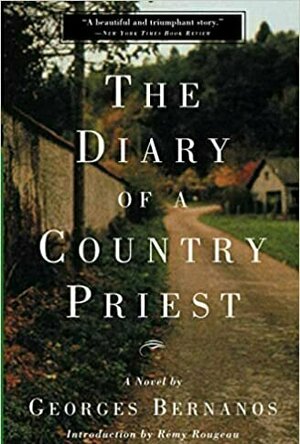
Diary of a Country Priest
Book
In this classic Catholic novel, Bernanos movingly recounts the life of a young French country priest...
David McK (3705 KP) rated The Last of the Mohicans (1992) in Movies
Jul 24, 2022
Early 90s Daniel-Day Lewis starring Romantic Drama, set during the French and Indian War of 1754-'63, with Day Lewis as the adopted son of a dying native American tribe - the Mohicans of the title.
Lots of weeping panoramic shots throughout, with a rousing (and now - over three decades later - quite famous) musical score, but the film does seem to jump around quite a bit, with little really in the way of character development and, well, things just seemingly happening for no discernible reason at all!
Lots of weeping panoramic shots throughout, with a rousing (and now - over three decades later - quite famous) musical score, but the film does seem to jump around quite a bit, with little really in the way of character development and, well, things just seemingly happening for no discernible reason at all!
